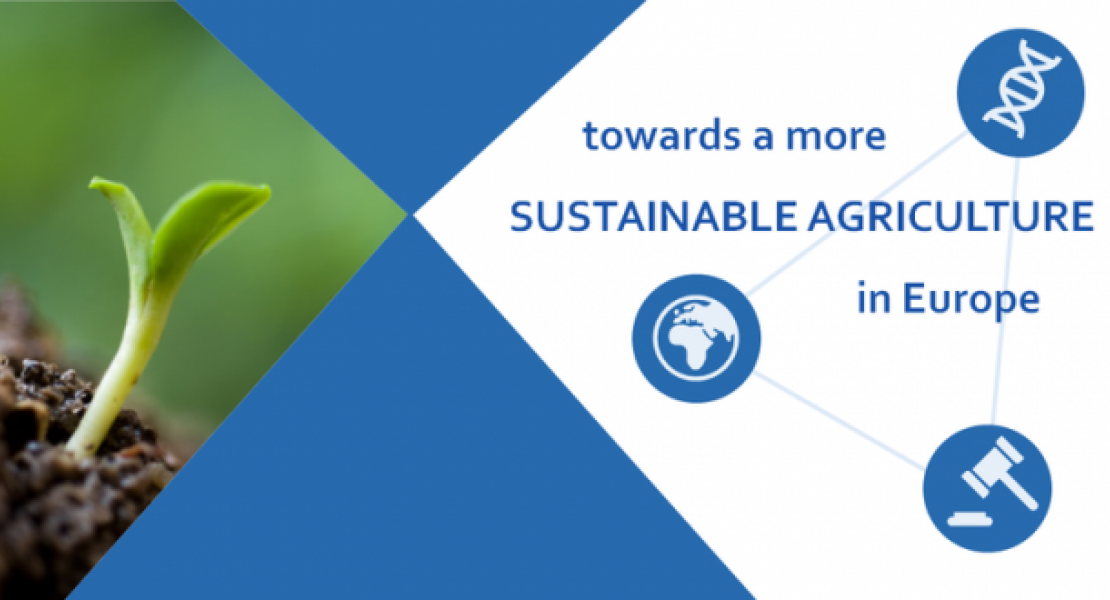A new report by the European Federation of Academies of Sciences and Humanities (ALLEA) presents the latest scientific evidence in the field of genome editing and explores paths to harmonise EU legislation with recent developments, while particularly considering relevant ethical and societal considerations.
Since the ruling of the Court of Justice of the EU in 2018, which placed genome-edited crops under the Genetically Modified Organisms (GMO) legislation, the scientific community has passionately debated the future of these new breeding techniques. Scientists are concerned that this legislation will impede European research and leave the continent lagging behind other world regions where regulation is less restrictive.
The new report summarises discussions between scientific experts, policy-makers, and civil-society organisations at the public symposium Genome Editing for Crop Improvement held in Brussels in November 2019, where ALLEA and the Royal Flemish Academy of Belgium for Science and the Arts (KVAB) invited relevant stakeholders and the interested public.
“Broadening public discourse on innovation in genome editing for crop improvement is a key responsibility of the scientific community, including academies across Europe. While these new techniques offer exciting opportunities, it remains vital to see the bigger picture and to consider public perceptions and cultural differences. This report summarises these diverse strands of research and aims to provide a comprehensive overview to European policymakers and the public.” states Prof. Antonio Loprieno, President of ALLEA
Key takeaways from the report:
- European legislation should follow the features of the plant, rather than the technique used to generate it, to determine its regulatory status.
- Targeted genome edits, which do not add foreign DNA, do not present any other health or environmental risk than plants obtained through classical breeding techniques, and are as safe or dangerous as the latter.
- Continued legislative and policy restrictions may hamper the selection of more productive, diverse, and climate-resilient crops with a reduced environmental footprint.
- The length and cost of the authorization process makes it, except for major industrial players, hardly possible to bring into culture and commercialize plants developed with new biotechnological breeding technique.
- To enhance sustainability and to reduce the usage of chemicals, access is needed to the most advanced technologies enabling the improvement of existing varietal heritage and increasing the ability to respond to new challenges of changing environments. These new technologies may contribute to a reduction of the environmental footprint of agriculture.
- An open, honest dialogue with all stakeholders, including the public, is needed in the decision-making processes for introducing genome-edited products into the market, ensuring that the implications of market introduction are accurately communicated.
Read the full report here.
About ALLEA
ALLEA is the European Federation of Academies of Sciences and Humanities, representing more than 50 academies from over 40 EU and non-EU countries. Since its foundation in 1994, ALLEA speaks out on behalf of its members on the European and international stages, promotes science as a global public good, and facilitates scientific collaboration across borders and disciplines.
- Log in to post comments
